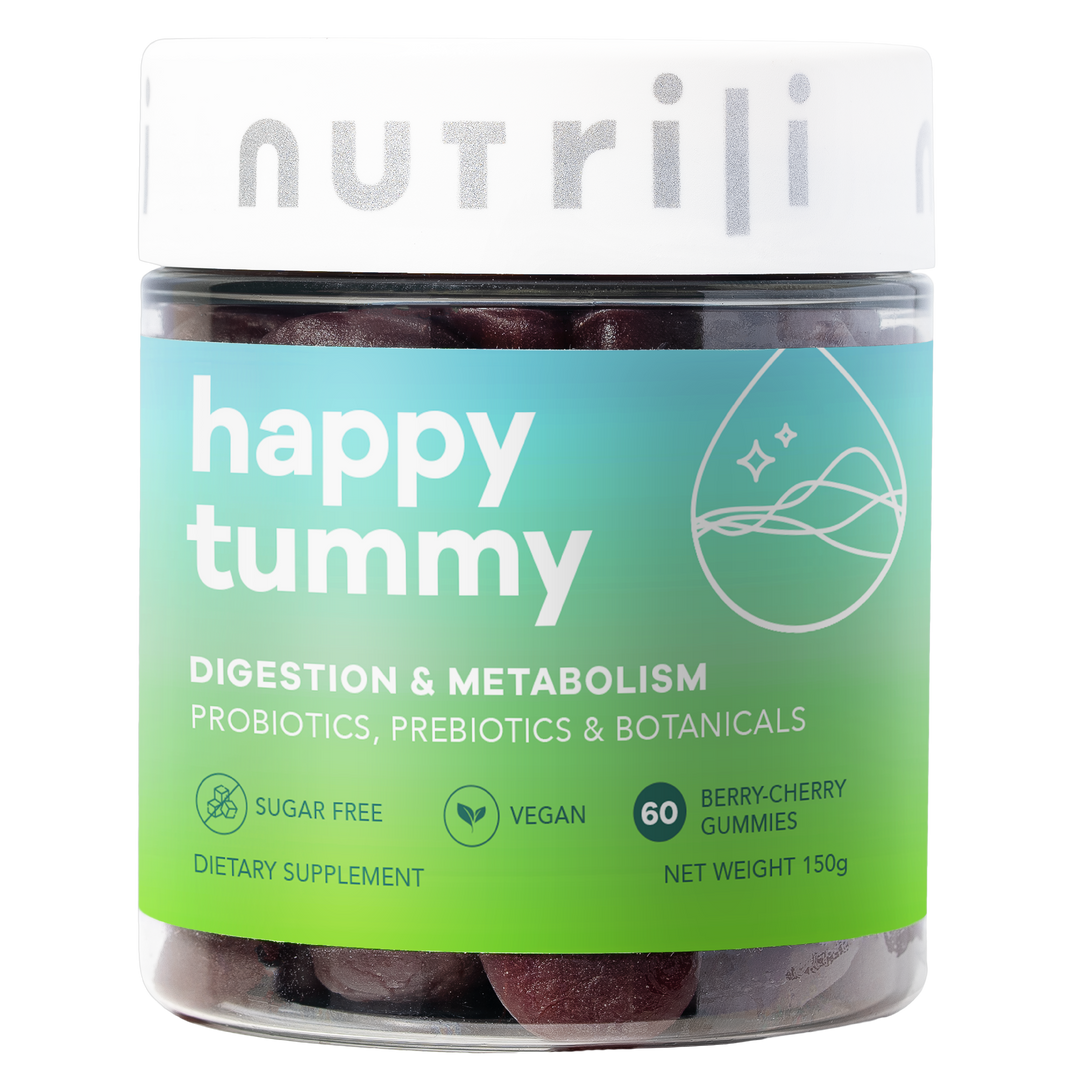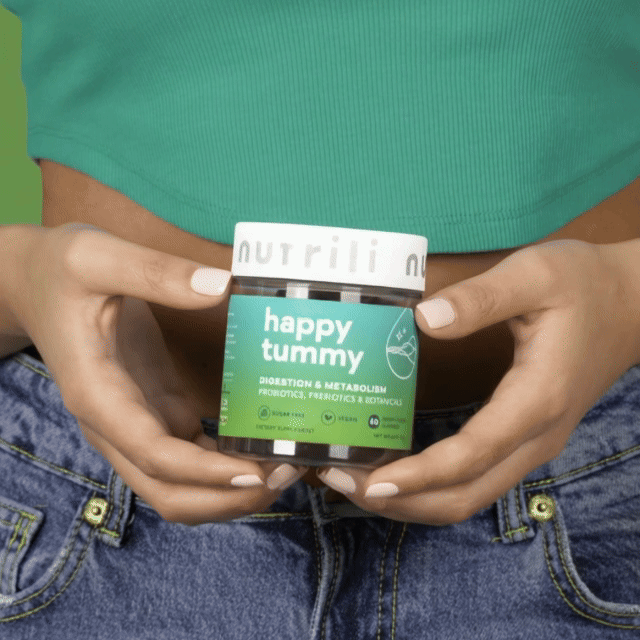The Overlooked Key to Weight Loss
Why Sleep Matters More Than You Think
Let’s chat about something that doesn’t get nearly enough attention when it comes to weight management.
We’ve all heard endless advice about diets and workout routines, but quality sleep? It doesn’t seem to get the attention it deserves. Yet, it might just be the secret ingredient you’ve been missing in your weight loss journey.
You might be thinking, “It’s just sleep—can it really make that much of a difference?”
Well, you’re going to want to hear this.

How Sleep Controls Your Cravings
When you don’t get enough sleep, it’s not just your energy levels that suffer—but your hunger hormones go out of control, too.
So if you’ve ever found yourself reaching for a treat when you’re not necessarily hungry, remember that lack of sleep raises levels of ghrelin (a.k.a. the hunger hormone) and lowers levels of leptin (the hormone that helps you feel full), making it a whole lot harder to keep your appetite in check.
But when you’re well-rested? Your body does a much better job at keeping those hormones in balance, which can make resisting that extra piece of knefeh or baklava a whole lot easier.
Sleep Patterns, Eating Behavior and the Risk of Noncommunicable DiseasesWhy Being Sleep-Deprived Can Lead to Late-Night Snacking
Let’s face it—staying up late increases the temptation to snack. And there’s science behind it:
Disrupted sleep messes with your meal patterns and weakens your willpower. Your tired brain craves quick energy from carbs and sugar to make up for lost sleep, and before you know it, you’re scrolling on Deliveroo without even thinking.
In fact, research shows that this habit not only increases your hunger but also slows down your metabolism and encourages fat storage.
So, by heading to bed a bit earlier, you can minimize these late-night temptations and set yourself up for healthier choices the next day.
After all, who couldn’t use a little extra help saying no to another shawarma wrap?
Harvard study: Curb late-night eating to stave off weight gainWhy Sleep and Exercise Go Hand-in-Hand
Not getting enough rest can make just the thought of hitting the gym feel exhausting. And on the flip side, skipping physical activity can mess with your sleep quality, keeping you stuck in a loop of low energy and zero motivation.
The solution? Aim for seven to nine hours of quality sleep each night. Doing so will help you maintain your energy for workouts and, in turn, improve your sleep!
Sleep deprivation and obesity in adults: a brief narrative reviewBottom Line: A Little Extra Sleep Can Go a Long Way
Consider this a gentle nudge to prioritize your sleep. You’re not just doing it for your beauty rest (although that’s a great bonus); you’re doing it for your overall health, your mood, and yes, even your waistline.
Remember, a healthier you starts with a good night's rest. So tonight, put away the screens, create a calming bedtime routine, maybe pop two Deep Sleep gummies, and give your body the rest it truly deserves.




















Leave a comment